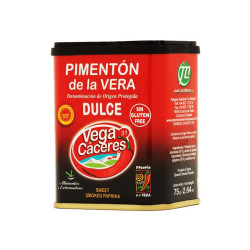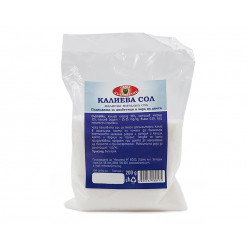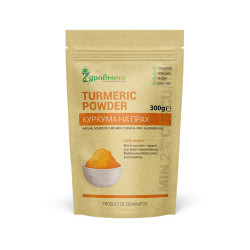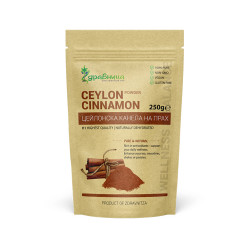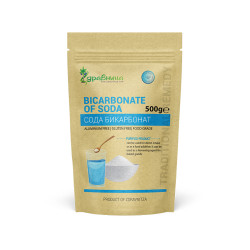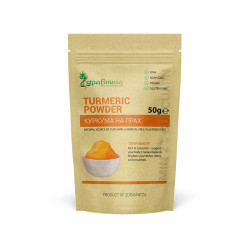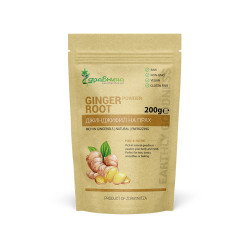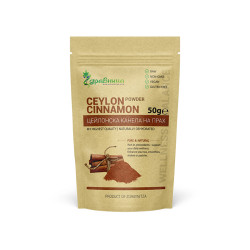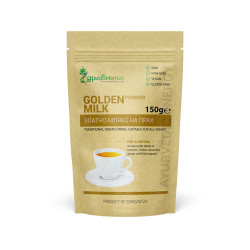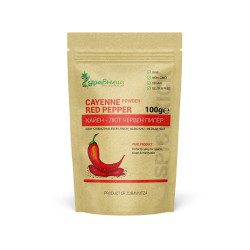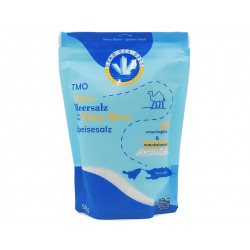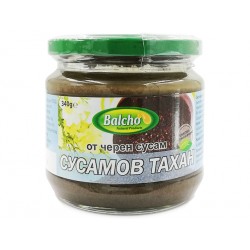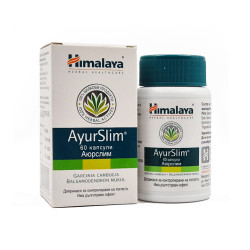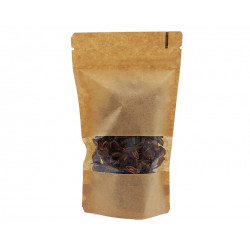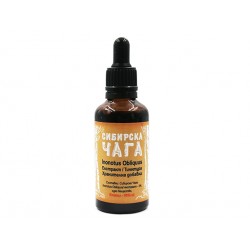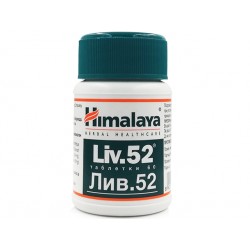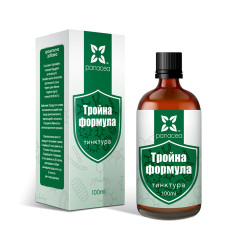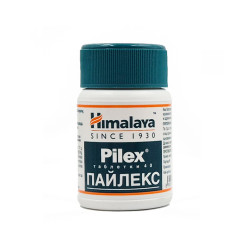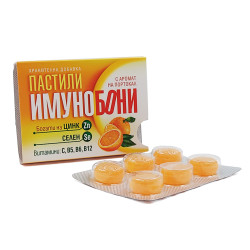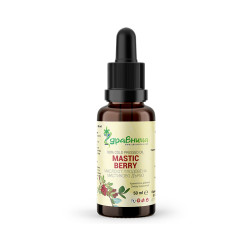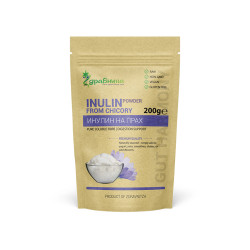* Find a product for a specific disease such as write his name (eg .: Diabetes)
No products
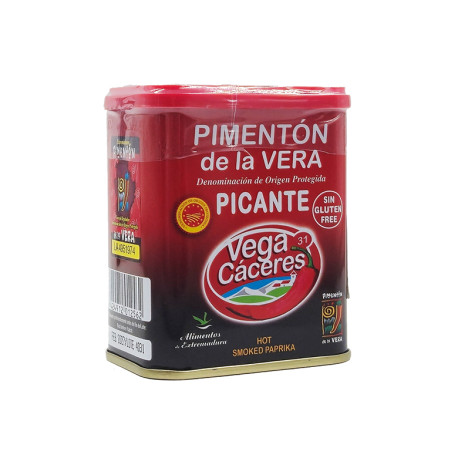
Hot smoked paprika, Pimenton de la Vera, 75 g
3,27 € / 6,40 лв
Pimentón de la Vera smoked red pepper is a product with a protected designation of origin. It is produced in Spain in the Valladolid de la Vera, Extremadura region.
EAN Code: 8424912012562
Package Quantity: 75 g
Origin: Spain
Ingredients: Smoked paprika
Shipping Weight: 0.130 kg
Suitable for: Adults, Vegetarians, Vegans


Product information
Spanish smoked hot paprika is one of the most iconic spices in world cuisine, celebrated for its bold flavor, rich aroma, vibrant color, and in this case - its delightful heat. Made from smoked and finely ground hot peppers of the Capsicum annuum family, this paprika variety brings together the fiery character of chili and the deep smokiness unique to traditional Spanish drying methods.
Although paprika originated in the West Indies and South America, today some of the finest varieties are produced in Spain, Hungary, and South America. Among them, the world-famous Pimentón de la Vera holds a Protected Designation of Origin (PDO) status.
Pimentón de la Vera is crafted in the picturesque La Vera Valley in Extremadura - a region known for its humid autumn climate and frequent rains during harvest season. Because the peppers cannot dry naturally under the sun, a special smoking technique has been used for centuries, giving the paprika its unmistakable aroma and deep complexity.
Freshly harvested peppers are placed in traditional two-level smokehouses. On the ground level, a slow fire is maintained using damp oak wood. The peppers rest on wooden racks above, absorbing smoke as they dry. They are turned by hand every day for 10-15 days.
Once perfectly dried, the seeds and stems are removed and the peppers are stone-ground using an extremely slow process to protect their color, flavor, and aroma.
This artisanal method has been preserved for generations, enhanced today by modern quality standards.
Distinctive Characteristics:
Spanish Smoked Hot Paprika (Pimentón de la Vera Picante) is known for:
- Intense smoky aroma reminiscent of food cooked over wood fire
- Vibrant deep-red color
- Bold, spicy flavor, thanks to its natural capsaicin content
- Rich, complex taste that enhances almost any savory dish
Because of its intensity, it should be used sparingly. About ½ teaspoon is enough for a dish serving 4-6 people. Add it during cooking - the flavor blooms when gently heated in liquids, but it can burn easily if placed directly on hot oil.
When used without heat treatment, the spicy smokiness is milder and can be sprinkled more freely over eggs, cheese, vegetables, meats, or dips.
Health Benefits:
Supports Digestion & Metabolism
Hot smoked paprika stimulates appetite and digestion by promoting natural enzyme and gastric juice production, helping the body break down food more efficiently.
Boosts Circulation & Heart Health
Thanks to its vitamins (C, E, B-complex) and minerals (iron, magnesium, potassium), hot paprika supports cardiovascular health and may help improve circulation.
Anti-Inflammatory & Antioxidant Protection
Rich in powerful antioxidants and capsaicin, it helps protect cells from oxidative stress and supports the body’s natural anti-inflammatory response.
Supports Immune Function
Vitamin C and the essential oils within the paprika help strengthen immunity and overall vitality.
Promotes Healthy Skin & Hair
Hot paprika’s antibacterial properties help support clearer skin, while its iron content supports healthy hair growth by improving oxygen supply to the scalp.
Ingredients:
Smoked, dried, and finely ground hot red peppers (Capsicum annuum).
Usage Instructions:
Use ½ teaspoon for a dish serving 4-6 people.
Add during cooking to release its full aroma - but only into liquid and over low heat, as smoked paprika burns easily.
When used raw (without heat), the heat level is more balanced and the spice can be sprinkled freely over cheese, eggs, vegetables, salads, and meats.
Tips for Best Use
- Start with ¼ teaspoon for 2-4 servings and adjust as desired.
- Treat smoked hot paprika like salt: a little enhances, too much overwhelms.
- Always heat gently to unlock flavor - never fry directly in hot oil.
- Ideal for rubs on grilled meats, but expect flavor changes due to caramelization.
- Perfect for stews, roasted vegetables, marinades, dips, and Spanish-style dishes.
Packing: 75 g
Other options
- Sweet smoked paprika, Pimenton de la Vera, 75 g
The world-famous Pimentón de la Vera is a smoked paprika with a Protected Designation of Origin. It is produced in Spain’s La Vera Valley,
3,48 € / 6,81 лв
Reviews
Products in the same category
Customers who bought this product also bought:
-
 Black Sesame Tahini, natural, 340 g
Black Sesame Tahini, natural, 340 g 5,10 €
-
 AyurSlim, weight control formula, Himalaya, 60 capsules
AyurSlim, weight control formula, Himalaya, 60 capsules 6,24 €
-
 Star Anise, Pimenta, 50 g
Star Anise, Pimenta, 50 g 2,35 €
-
 Siberian Chaga, tincture, Verde Vita, 50 ml
Siberian Chaga, tincture, Verde Vita, 50 ml 7,62 €
-
 Liv.52, liver health, Himalaya, 60 tablets
Liv.52, liver health, Himalaya, 60 tablets 2,80 €
-
 Triple Formula (Clove, Black walnut, Southernwood) - tincture, Panacea, 100 ml
Triple Formula (Clove, Black walnut, Southernwood) - tincture, Panacea, 100 ml 7,93 €
-
 Pilex, hemorrhoids and veins problems, Himalaya, 40 tablets
Pilex, hemorrhoids and veins problems, Himalaya, 40 tablets 2,10 €
-
 Imunoboni, pastilles for strong immunity, Alpi, 6 pcs
Imunoboni, pastilles for strong immunity, Alpi, 6 pcs 0,66 €
-
 Mastic berry oil, cold pressed, Zdravnitza, 50 ml
Mastic berry oil, cold pressed, Zdravnitza, 50 ml 9,31 €
-
 Inulin, soluble chicory fiber, Zdravnitza, 200 g
Inulin, soluble chicory fiber, Zdravnitza, 200 g 4,76 €




